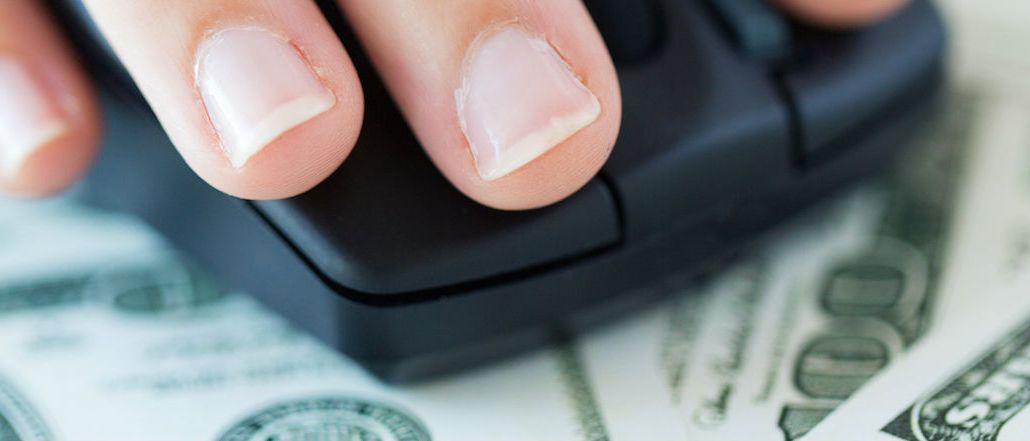Secure your place at the Digiday Media Buying Summit in Nashville, March 2-4

 This week, GroupM Global announced a newly created position at the company to tackle some of the most pressing issues currently facing the industry, including viewability and fraud.
This week, GroupM Global announced a newly created position at the company to tackle some of the most pressing issues currently facing the industry, including viewability and fraud.
John Montgomery will take on a new role of global evp of brand safety within the company, working closely with its agencies Mindshare, MEC, MediaCom, Maxus, Essence and buying platform Xaxis to scale some of the best practices for online safety and viewability globally.
Digiday caught up with Montgomery in his first week on the job to discuss what his day-to-day job will look like and some of the challenges he expects to encounter ahead. Excerpts:
What does “brand safety officer'” mean? Who or what are you protecting the brands from?
It really is to try and protect our clients from risk in the digital inventory supply chain. As the opportunities multiply in digital advertising, so do the risks and the complexities. So we really wanted to make sure that our clients are kept away from fraud, are as viewable as possible, do not appear on pirate sites and get the audience that they’ve bought. We want to make sure that our clients operate in what we call a well-lit environment and scale our U.S. initiatives globally.
What do you mean by a “well-lit” environment?
It’s about getting as close to a fraud-free and highly viewable environment as we possibly can. Because if you don’t check fraud and you don’t ensure that viewability is measured, you can lose half of the investment. We’ve now found that by using the ad technology controls that we do through our partners, we can all but negate fraud and only pay for viewable impressions viewed by humans. You can get it right down to the fractions of a percent, but if you don’t control it, and if you buy in the open exchanges, then the brands are at risk.
What challenges do you foresee?
When we talk about viewability from a metrics perspective, that’s a challenge because measurement is not the same around the world. So we have to carefully assess what is achievable. The same premise applies wherever you are in the world, that a non-viewable ad is not worth anything. So we must make sure that as many of our ads are exposed in the viewable field as we possibly can.
Which implies they aren’t blocked, either?
Ad blocking is something that is coming up on the horizon that has very much got our attention as well. Although it’s a publisher problem right now, we are making sure that we help our clients and our teams understand it. It’s a long term issue for us as well because we need to continue to have access to those valuable audiences. We’re encouraging publishers to improve their user experience as much as possible, limit page takeovers, dancing mortgage monkeys, non-skippable ads and autoplay videos — all the things we know irritate the hell out of our users.
And what’s your response to those who call GroupM a bully, especially when it comes to enforcing viewability standards?
Perhaps that has been the reaction from some people who haven’t had great quality inventory and perhaps there’s a little bit of sour grapes from them. We obviously don’t think that we’re bullying anybody. We do have higher viewability standards. Our clients felt that the benchmark standard that the MRC came up with — although a very good start and a terrific initiative — didn’t match up to television the way we needed it to. But in discussions with our preferred partners, there hasn’t been that kind of a reaction.
Do you see other holding companies and media agencies following suit by setting up similar roles?
I hope so. The difficulty with all of these risk areas is that they are often exaggerated when they hit the press. It’s an area that is often fraught with apocrypha and self-interest. Depending on who you talk to, fraud’s at 5 percent or 60 percent. Viewability is at 50 percent or 90 percent. These are huge issues, but if they are controlled and if you buy from the right vendors, they can be contained.
More in Marketing

Future of Marketing Briefing: AI’s branding problem is why marketers keep it off the label
The reputational downside is clearer than the branding upside, which makes discretion the safer strategy.

While holdcos build ‘death stars of content,’ indie creative agencies take alternative routes
Indie agencies and the holding company sector were once bound together. The Super Bowl and WPP’s latest remodeling plans show they’re heading in different directions.

How Boll & Branch leverages AI for operational and creative tasks
Boll & Branch first and foremost uses AI to manage workflows across teams.





